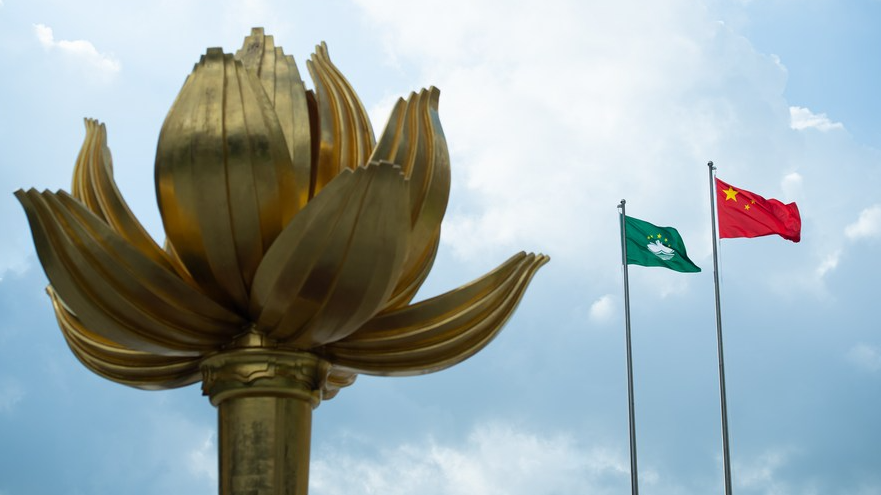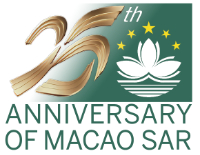
Macao lawmaker Si Ka Lon said that the special administrative region’s role as a “specific connector” in fostering ties with Portuguese-speaking countries over the past two decades is set to expand, with a focus on strengthening high-tech cooperation.
 To accelerate the development of a new technological innovation framework between China and Portuguese-speaking countries, Macao should explore the establishment of a dedicated innovation and technology investment fund, said Si.
To accelerate the development of a new technological innovation framework between China and Portuguese-speaking countries, Macao should explore the establishment of a dedicated innovation and technology investment fund, said Si.
Si, who also serves as chairman of the Guangdong and Macao Federation of Industry and Commerce and as a Macao deputy to the National People’s Congress, China’s top legislature, said this initiative would attract technology enterprises from Portuguese-speaking countries to Macao. Such efforts, he noted, would drive innovation and amplify its impact across the Guangdong-Hong Kong-Macao Greater Bay Area — a vast economic powerhouse linking Macao with the mainland’s Guangdong province and Hong Kong.
ALSO READ: Wu: Macao SAR can contribute to telling good stories of China
Macao has long maintained deep historical and cultural ties with Portuguese-speaking countries. These connections are underpinned by the shared use of Chinese and Portuguese as official languages, similarities in administrative and legal systems, and mutual understanding and integration in customs, culture, and economic markets.
“These advantages have laid a solid foundation for Macao to serve as a platform for cooperation between China and Portuguese-speaking countries,” said Si.
Since the establishment of the first Forum for Economic and Trade Cooperation between China and Portuguese-speaking Countries (Macao) in October 2003, Macao has been entrusted with the important mission of promoting cooperation in various fields, including talent training, trade, investment, exhibitions, culture, and healthcare.
Si said that high-tech development is a “key driver” of Macao’s economic diversification strategy. A notable example is the Centre for Science and Technology Exchange and Cooperation between China and Portuguese-speaking Countries, which has already begun operations. This platform is committed to deepening collaboration between China and Portuguese-speaking countries, supporting the transfer and commercialization of technological achievements, and fostering both innovation and entrepreneurship.
ALSO READ: Scholar: Nation’s support enhances Macao’s platform role
Additionally, national and provincial-level technology incubators and innovation platforms are being established in the 106-square-kilometer Hengqin Guangdong-Macao In-Depth Cooperation Zone in Zhuhai. Industries such as the integrated circuits and biomedicine industries are steadily advancing, creating favorable conditions for outstanding technology enterprises from Portuguese-speaking countries to establish a presence in Macao and Hengqin, said Si.
In this context, Si said he expects both China and Lusophone countries to promote innovation under the framework of Forum Macao, focusing on areas such as the digital economy, e-commerce, and artificial intelligence. “By nurturing and exchanging scientific and technological talent, China and Portuguese-speaking countries can jointly drive innovation and explore new models and pathways for collaboration across various fields.”
This will enable the forum to achieve higher levels of development, broader engagement, and greater diversity in its initiatives, he said.


